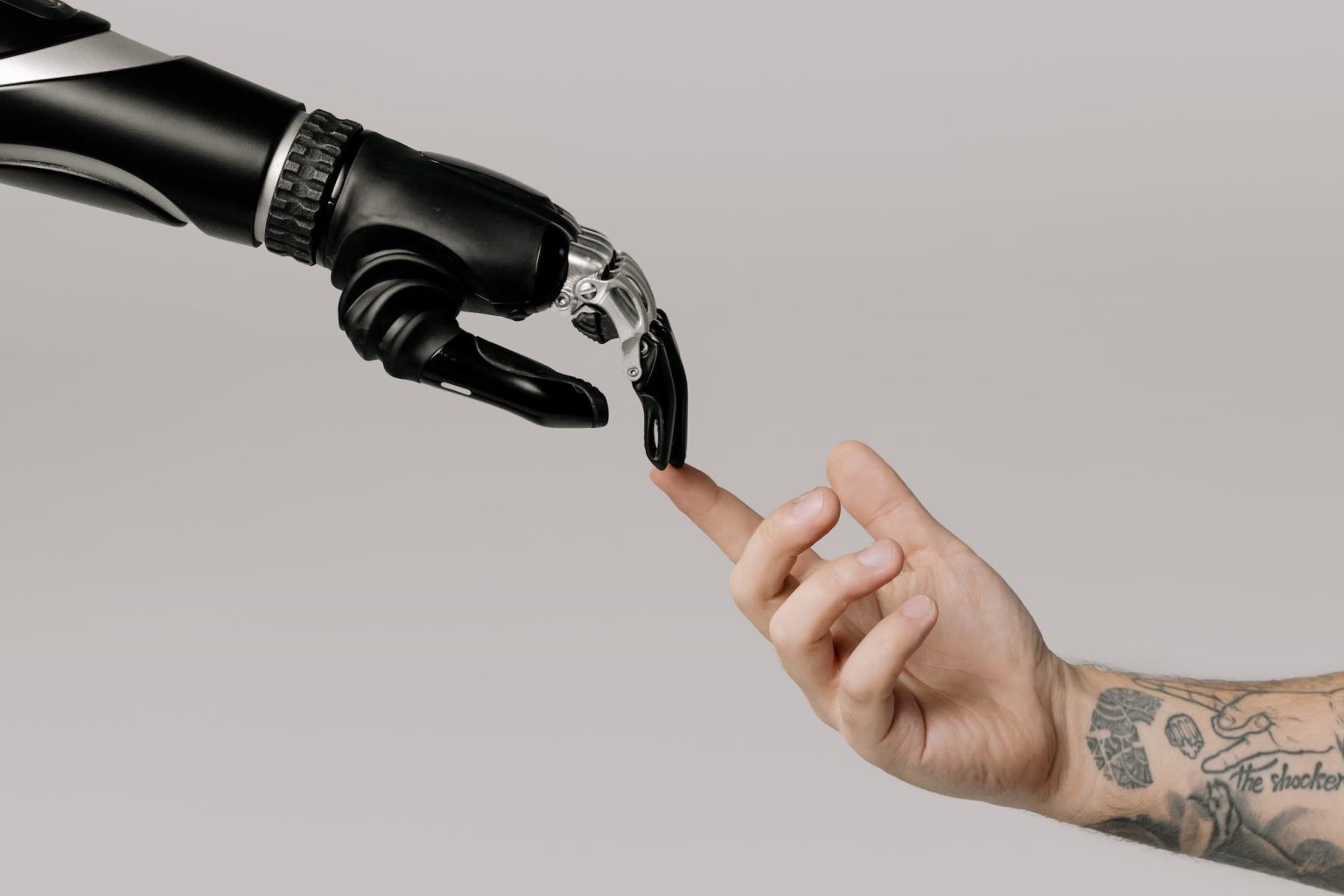In the ever-evolving landscape of digital marketing, harnessing the power of artificial intelligence (AI) is no longer an option but a strategic necessity. This comprehensive guide will walk you through the process of building a Video Marketing Agency with AI.
How to Build a Video Marketing Agency with AI:
1. Embrace AI in Content Creation:
Utilize AI tools for video creation, editing, and content optimization. Enhance creativity and streamline the production process.
2. AI-Powered Video Analytics:
Implement AI-driven analytics to gain valuable insights into video performance. Understand viewer behavior and tailor content accordingly.
3. Personalized Video Recommendations:
Leverage AI algorithms to recommend personalized video content to target audiences. Enhance user engagement and increase conversion rates.
4. AI-Enhanced Video SEO:
Optimize video content for search engines using AI. Improve discoverability and increase the visibility of your video marketing campaigns.
5. Automated Social Media Distribution:
Integrate AI-powered tools to automate the distribution of video content across various social media platforms. Save time and maximize reach.
6. AI-Driven Audience Targeting:
Refine your target audience with AI-driven insights. Ensure that your video marketing campaigns reach the right audience segments.
7. Virtual Reality (VR) and Augmented Reality (AR) Integration:
Explore AI applications in VR and AR for immersive video experiences. Stay at the forefront of technological advancements in video marketing.
8. FAQ Videos:
Create FAQ videos to address common client queries. Use AI chatbots to further engage with viewers and provide real-time responses.
Enhanced Targeting and Personalization
AI marketing platforms leverage advanced algorithms to analyze vast data and identify valuable customer insights. These platforms can segment audiences based on various criteria, including demographics, behavior, preferences, and purchase history. By understanding customer profiles, AI algorithms can deliver highly targeted and personalized marketing campaigns. This level of precision enables marketers to tailor their messaging, offers, and content to specific customer segments, maximizing engagement and conversion rates.
Optimized Campaign Performance
AI marketing platforms excel in optimizing campaign performance by analyzing vast datasets and identifying patterns. These platforms can optimize advertising channels, placements, budgets, and creative elements through machine learning algorithms to maximize return on investment (ROI). AI algorithms continually learn and adapt based on real-time data, allowing marketers to make data-driven decisions and achieve optimal campaign outcomes. This automation and optimization process saves time and resources, enabling marketers to focus on strategic planning and creativity.
Efficient Content Creation
Content creation is a critical aspect of marketing, and AI has revolutionized this process. AI marketing platforms leverage natural language processing (NLP) and image recognition technologies to generate compelling and personalized content. These platforms can create engaging copy, design visuals, and produce videos based on specific campaign objectives and target audience preferences. By automating content creation, AI marketing platforms significantly reduce the time and resources required to produce high-quality content, enabling marketers to scale their efforts and maintain consistency across multiple channels.
The only way to do great work is to love what you do. If you haven’t found it yet, keep looking. Don’t settle.
Steve Jobs

Real-World Examples of Artificial Intelligence in Marketing
- Amazon’s personalized product recommendations: Amazon’s personalized product recommendations have come a long way since the early days. Based on user similarities, the algorithm initially shifted towards analyzing product correlations, leading to better scalability and quality. Advances in deep neural networks have improved movie recommendations.
- Sephora’s AI-powered virtual makeup try-on: Sephora has introduced a new feature in its app called Sephora Virtual Artist, which leverages augmented reality (AR) technology to allow users to try on different shades of lipstick virtually. The feature, powered by facial recognition software, enables users to test lip products and purchase directly within the app. With this integration of AR, Sephora aims to bring the technology further into the mainstream makeup world. The app’s Virtual Artist tab, found under the Inspire Me section, uses the device’s front-facing camera to apply virtual lipstick shades to the user’s lips, allowing them to see what the products will look like on their face. Users can explore shades across different categories and access product information such as the name, brand, and price. They can also save their favorite products for future reference. By capitalizing on the growing acceptance of facial recognition and AR technology, Sephora aims to enhance the shopping experience and drive sales by enabling users to make informed purchasing decisions.
- Nike’s AI-driven personal training app: Nike’s fitness training app is a top-rated platform offering over 180 free workouts for individuals of all fitness levels. With a focus on personalized experiences, the app provides a wide range of training programs designed by top trainers and athletes. It incorporates a freemium membership model and revenue-focused monetization strategies to drive user acquisition and increase sales. The app also allows direct syncing with the NikeFuel band for seamless activity tracking. Nike’s app has attracted users, driven revenue growth, and established itself as a fitness training industry leader.
FINAL CONSIDERATIONS
Leadership is shaped by the relationships, experiences, and actions of many people, not by a single individual. The journey of leadership is never over. It is always changing and expanding. There are numerous leadership styles, and no one style is superior to another. The idea is to discover your best leadership style and to constantly adapt and improve as a leader.
The most important thing to remember is that leadership is about enabling others rather than taking control. Leadership is characterized by influence rather than a title. It is not about making decisions for others, but rather about assisting others in making the greatest choices for themselves. And the goal is not to be the best, but to become the best. Adopting a legacy-driven approach is only one method to distinguish yourself as a leader.
A legacy does not denote the end of something, but rather the beginning of something new. Are you prepared to embark on your leadership journey?




